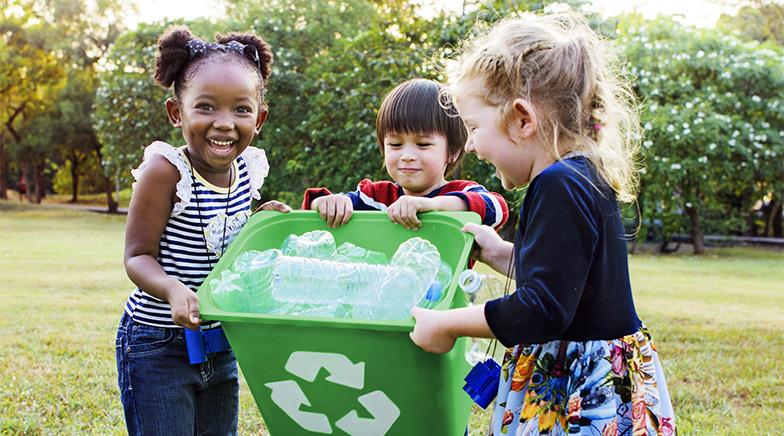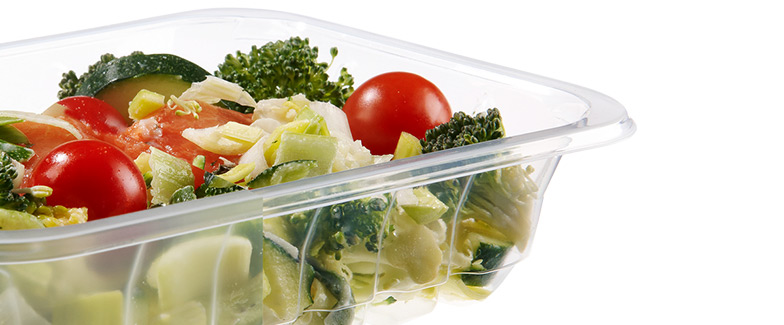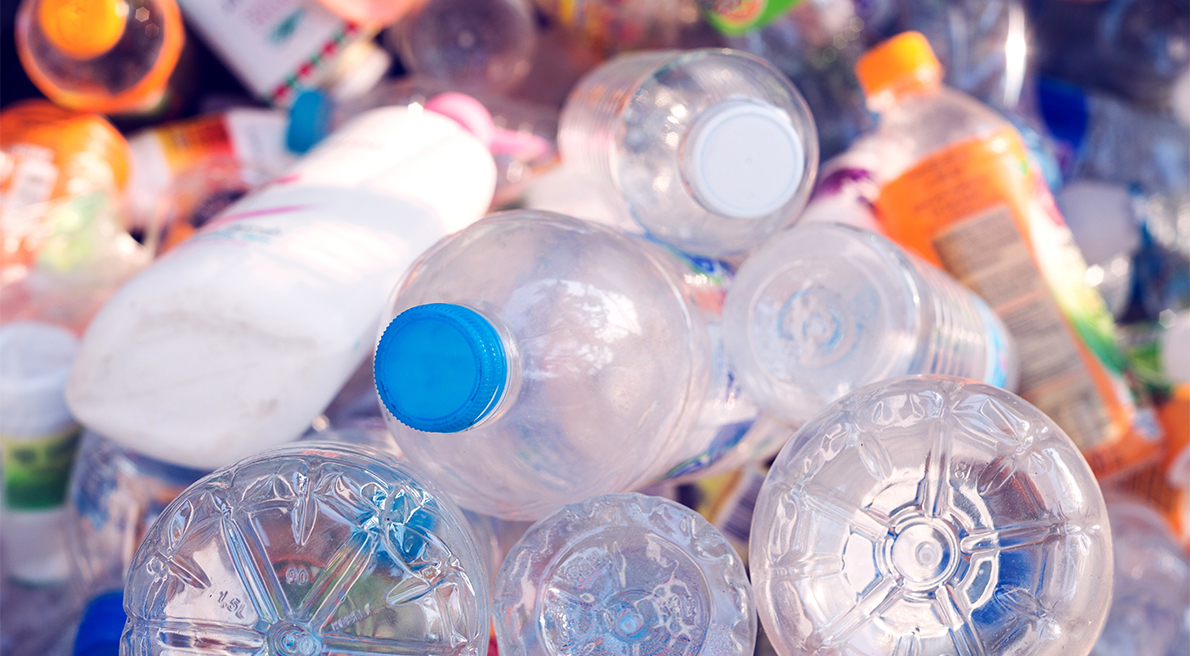Plastics For a New Tomorrow
May 21, 2019 by Milliken ChemicalNew Thinking and Better Innovation for the Plastics Industry for a Sustainable Future
In one of its early applications plastic is credited with helping to save wildlife. In the mid 1800’s billiard balls, hair combs and piano keys, amongst other things, were all made with elephant ivory. The Phelan and Collender company, in New York, offered a reward of hundreds of thousands of dollars in today’s money for an alternative, spurring John Hyatt to invent celluloid, considered to be the first synthetic plastic.
A century and a half later the miracle of plastic has become a planetary pollution problem. In 2017, scientists undertook the first global analysis of the production of all plastic ever made, how it has been used and where it has ended up. They found that, by 2015, humans had generated 8.3 billion metric tons of plastics, 6.3 billion tons of which had become waste and, of that waste, only 9 percent was recycled. 79 percent ended up in landfills or nature.
These are key issues for the plastics industry going forward and they are at the heart of Milliken’s sustainability thinking. “Waste reduction, recycling of plastics and smart packaging are necessary megatrends impacting today’s consumer products packaging sector as we all try to limit excess plastic packaging, support the recycling of polypropylene and move towards a circular economy and we are supporting these efforts with technological innovation,” said Herrin Hood, Global Marketing Director, Milliken & Company.

Smart Packaging for easier plastic recycling
At the forefront of Milliken’s R&D to contribute to a new plastics economy is NX® UltraClear™ Polypropylene Packaging. It allows polypropylene (PP) packaging to reach levels of clarity similar to PET, but at much lighter weights, helping to reduce plastic waste. It can also be used not only for plastic bottles but caps and labels, offering a single material solution without adhesives or glues, making plastic packaging simpler to recycle than plastic containers made from multiple materials. In mold labelling (IML) is another an emerging trend. Also referred to as ‘Smart Packaging’, plastic containers are produced and decorated in one single step in the production process, with the same PP material, meaning IML packaging is also 100% recyclable.
More broadly, Milliken recently announced a partnership with PureCycle Technologies and Nestlé to accelerate revolutionary plastics recycling by delivering the world’s first virgin-like recycled polypropylene. The company works with certifying bodies, such as UL (Underwriters Laboratories) that provide independent assurance of product environmental credentials. But these innovations in recycling PP are just part of a raft of larger political and business initiatives that are gaining more and more traction.

Transitioning to a circular economy for plastics
The European Union recently issued the first-ever Europe-wide strategy on plastics, as part of a transition toward a more circular economy. Under the new plan, by 2030 all plastic packaging on the EU market needs to be recyclable, requiring brand owners to find commercially viable options to become more sustainable.
Globally, the New Plastics Economy, led by the Ellen MacArthur Foundation and UN Environment, is uniting businesses, governments and other organisations behind a common vision to create a circular economy for plastic, keeping it in the economy and out of the ocean. Throughout the plastics value chain it aims to catalyse change through collaboration, demonstrating the potential for a wider shift from a linear to a circular economy - an economy in which plastic never becomes waste.
Three-hundred and fifty countries, companies, financial institutions, universities and NGOs are signatories to the New Plastics Economy Global Commitment – a set of ambitious 2025 targets ranging from the elimination of problematic or unnecessary packaging and 100% recycling to the decoupling of plastic from the consumption of finite resources.
Mike Barry and Jeff Seabright, co-chairs of the Consumer Goods Forum Sustainability Pillar welcomed the initiative on behalf of major plastics users and said, “Packaging is integral to the delivery of safe, high-quality consumer products, but we recognise the need to rethink radically how we use plastics, creating new circular systems that conserve resources, reduce pollution and promote efficiency.”

Working towards a New Plastics Economy
The dream to create a circular plastic economy is certainly one to embrace but it’s fair to say that the “reduce, reuse and recycle” approach has, until now, been slow and lacked significant success. With an increasing number of new initiatives and the growing participation of government and industry, change is starting to happen. We have all begun the necessary journey towards a New Plastics Economy and we need to continue to work together to drive progress, ultimately protecting our environment.
“Last year in its feature series on plastic, National Geographic said, ‘We Made Plastic. We Depend on It. We’re Drowning in It’. At Milliken we are proud to be working with others in the global plastics supply chain to Help Fix It,” said Herrin Hood, Global Marketing Director, Milliken & Company.
